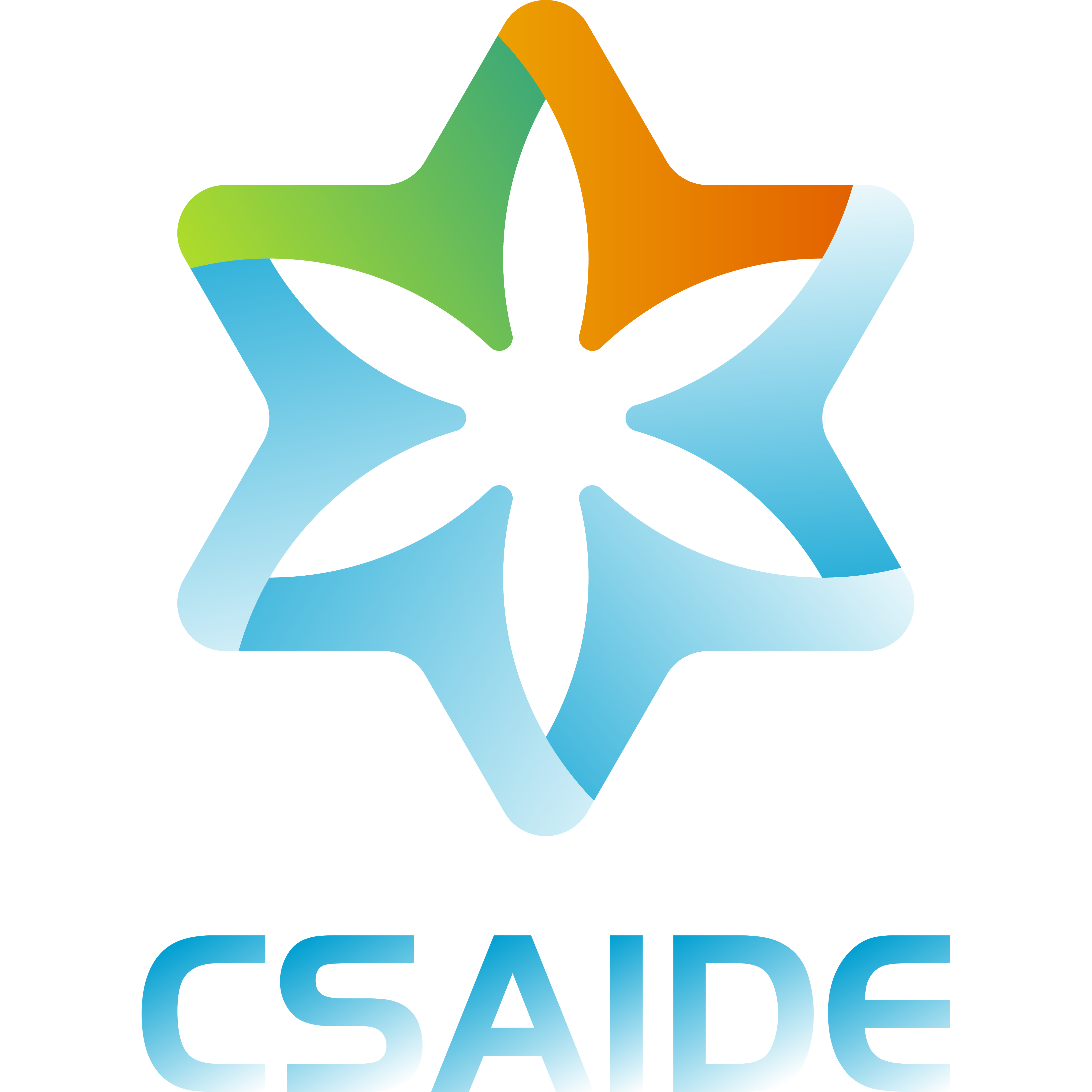
Speakers
KEYNOTE SPEAKER 1
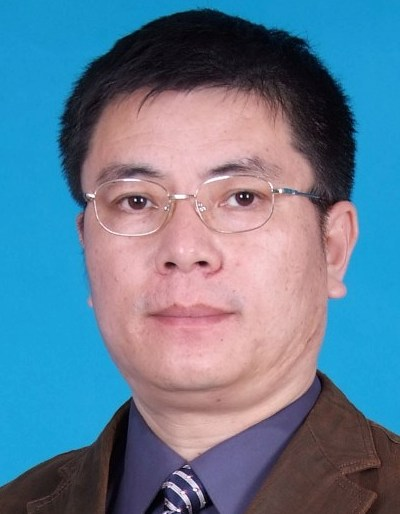
Professor Ming Xie
Nanyang Technological University, Singapore
Biography:
Xie Ming received the B.Eng degree in control and automation engineering from East-China Institute of Textile Technology (now, under the name of Donghua University, Shanghai, China). Subsequently, as a recipient of the nation's prestigious overseas scholarship of Chinese government, he has completed the postgraduate studies and doctorate research works, and has received the Master degree from the University of Valenciennes (France) in 1986 as well as the PhD degree from the University of Rennes (France) in 1989. Since 1986, he has worked as Research Assistant at IRISA-INRIA Rennes, Expert Engineer at INRIA Sophia-Antipolis, Lecturer/Senior Lecturer/Associate Professor of Nanyang Technological University, Fellow of Singapore-MIT Alliance (SMA) (Affiliated with Innovation in Manufacturing Systems and Technology Program), Guest Professor of Huazhong University of Science and Technology (2002, 2006), Professor awarded by China's Jiangsu Provincial Government (2014), and Dean of College of Electrical Engineering and Control Science at Nanjing Tech University (2014-2016). He was the General Chair of 2007 International Conference on Climbing and Walking Robots (CLAWAR), the General Chair of 2009 International Conference on Intelligent Robotics and Applications (ICIRA), the Co-founder of the International Journal of Humanoid Robotics (SCI/SCIE indexed), Co-founder of Singapore-China Association for Advancement of Science and Technology, Co-founder of Robotics Society of Singapore. He has taught the courses such as Robotics, Artificial Intelligence, Applied Machine Vision, Measurement and Sensing Systems, Microprocessor Systems, and University Physics. In terms of scientific research, he has authored three books in English, two books in Chinese, and two edited books in English. He has published several book chapters, over 10 patents of invention, over 40 research papers in scientific journals and over 100 research papers in international conferences. He was the recipient of one best conference paper award from World Automation Congress, the recipient of one best conference paper award from CLAWAR, the recipient of one outstanding paper award from International Journal of Industrial Robot, the recipient of one Gold Prize (S$8K) from CrayQuest, the recipient of one Grand Champion Prize (S$15K) from CrayQuest, the recipient of one A-Star's Best Research Idea Prize (S$5K), the recipient of one Silver Medal from Dragon Design Foundation.
Speech Title: Science of Mind as New Foundation of Artificial Intelligence
Abstract:Does intelligence arise from brain or mind? The wrong answer to this question has led the research efforts into the wrong direction in the past decades. In this keynote speech, I will convince the audience about the astonishing truth which is to say that intelligence arises from mind but not from brain. This truth leads us to open the door toward achieving the science of mind which will be the new foundation of Artificial Intelligence. We know that Artificial Intelligence is regaining its wide popularity in recent years. On one hand, the importance of Artificial Intelligence is due to the availability of big data which is the result of the formation of large systems that are interconnected by various networks. On the other hand, robots and machines of tomorrow are urgently in need of gaining self-intelligence which will enable them to efficiently perform difficult tasks, and even to free people from doing dangerous jobs. With the rise of Artificial Intelligence in the public minds or eyes, people are putting a very high level of interests on knowing the scientific solutions behind the understanding and capabilities of self-skills and self-intelligence. Hopefully, this keynote speech will help the audience to understand the true nature of Artificial Intelligence which interestingly establishes the foundation of the Science of Mind.
KEYNOTE SPEAKER 2
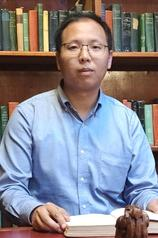
Professor Xiangjie Kong
IEEE Senior Member
Zhejiang University of Technology, China
Biography:
Dr. Xiangjie Kong is currently a Full Professor and Acacemic Associate Dean in the College of Computer Science & Technology, Zhejiang University of Technology (ZJUT), China. Previously, he was an Associate Professor in School of Software, Dalian University of Technology (DUT), China, where he was the Head of the Department of Cyber Engineering. He is the Founding Director of City Science of Social Computing Lab (The CSSC Lab) (http://cssclab.cn/). He is/was on the Editorial Boards of 6 International journals. He has served as the General Chair or Program Chair of more than 10 conferences. Dr. Kong has authored/co-authored over 200 scientific papers in international journals and conferences including IEEE TKDE, IJCAI, ACL, IEEE TMC, ACM CSUR, ACM TKDD, IEEE TNSE, IEEE TII, IEEE TITS, IEEE NETW, IEEE COMMUN MAG, IEEE TVT, IEEE IOJ, IEEE TSMC, IEEE TETC, IEEE TASE, IEEE TCSS, ACM TSON, ACM TSAS, WWWJ, etc.. 5 of his papers is selected as ESI- Hot Paper (Top 1‰), and 20 papers are ESI-Highly Cited Papers (Top 1%). His research has been reported by Nature Index and other medias. He has been invited as Reviewers for numerous prestigious journals including IEEE TKDE, IEEE TMC, IEEE TNNLS, IEEE TNSE, IEEE TII, IEEE IOTJ, IEEE COMMUN MAG, IEEE NETW, IEEE TITS, TCJ, JASIST, etc.. Dr. Kong has authored/co-authored three books (in Chinese). He has contributed to the development of 14 copyrighted software systems and 30 filed patents. He has an h-index of 51 and i10-index of 122, and a total of more than 8600 citations to his work according to Google Scholar. He is named in the 2019 - 2023 world’s top 2% of Scientists List published by Stanford University. He is named in the 2022-2024 Best Computer Science Scientists List published by Research.com. Dr. Kong received IEEE Vehicular Technology Society 2020 Best Land Transportation Paper Award, IEEE CSCWD 2024 Best Paper Award, and The Natural Science Fund of Zhejiang Province for Distinguished Young Scholars. He has been invited as Keynote Speaker at more thant 10 international conferences, and delivered a number of Invited Talks at international conferences and many universities worldwide. His research interests include big data, network science, and computational social science. He is a Distinguished Member of CCF, a Senior Member of IEEE, a Full Member of Sigma Xi, and a Member of ACM.
Speech Title: Artifical Intelligence Enabled Computational Urban Sicence and Applications
Abstract: Modern cities constitute a tripartite space encompassing the physical world, human society, and cyber space. While human society obtains cyber services from the physical world, it simultaneously provides data and feedback to the cyber space, forming a human-in-the-loop closed system. Urban computational science empowered by artificial intelligence and big data represents a novel research paradigm that integrates computational science with urban planning. Artificial intelligence, particularly represented by deep learning, has been extensively used in urban computational science in recent years, proves effective for many tasks in real-world applications, such as regression, classification, clustering, matching, and ranking. Spatio-temporal graph learning brings new idea to solve the challenges for smart transportation, improve the efficiency of urban resource utilization, optimize urban management and services, and improve residents' lives quality towards smart cities. This report will explore the research frontiers of artificial intelligence enabled urban computational science and its application in smart cities, and introduce some recent related work.
KEYNOTE SPEAKER 3
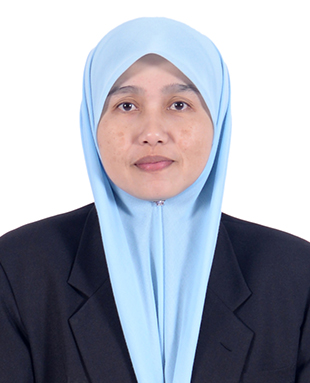
Associate Professor Anazida Zainal
Universiti Teknologi Malaysia (UTM), Malaysia
Biography:
Associate Professor Dr. Anazida Zainal is a renowned academician and researcher specializing in cybersecurity at the Faculty of Computing, Universiti Teknologi Malaysia (UTM). As a member in an Information Assurance and Security Research Group (IASRG), her research mainly focuses on advancing knowledge and developing innovative solutions in Cyber Threat Intelligence, Security Analytics, Network Security, and Anomaly Detection. With a strong foundation in computer science, she earned her Ph.D. in Computer Science specializing in Network Security from UTM in 2011, after completing her MSc in Computer Science at UTM in 2000 and her BSc in Computer Science from Rutgers University, New Jersey, USA, in 1990. Dr. Anazida has made significant contributions to the field of cybersecurity through her extensive research, scholarly publications, and collaborations with both academic institutions and industry partners. Through her active collaboration with the industry, several cybersecurity-related laboratories have been established at the Faculty of Computing, including the UTM-NFCC Anti-Financial Crime Lab (AFC Lab), the Security Operations Center (SOC Lab), and the UTM-CSM Cyber Threat Intelligence (CTI Lab). These labs serve as vital hubs for research, innovation, and hands-on training in cybersecurity, fostering industry-academia partnerships to address emerging digital security challenges. Her dedication to teaching and research has earned her recognition as a respected figure in cybersecurity education. Beyond academia, Dr. Anazida actively collaborates with government agencies, industry leaders, and professional bodies to address real-world cybersecurity challenges.
Speech Title: Harnessing AI to Combat Financial Crime
Abstract:
Financial crime is evolving rapidly, with fraudsters leveraging advanced techniques to exploit vulnerabilities in digital systems. As threats become more sophisticated, artificial intelligence (AI) offers powerful solutions to detect, prevent, and mitigate these risks.
This talk explores how AI-driven models are transforming financial crime detection, with a special focus on fraud classification, anomaly detection, and predictive analytics. We will highlight some of our research in combating financial crime, showcasing AI implementations in fraud detection, including explainable AI (XAI) techniques that enhance transparency and trust in decision-making. By leveraging AI’s capabilities, we can develop smarter, more adaptive security frameworks that ensure financial systems remain resilient in an increasingly digital world
KEYNOTE SPEAKER 4
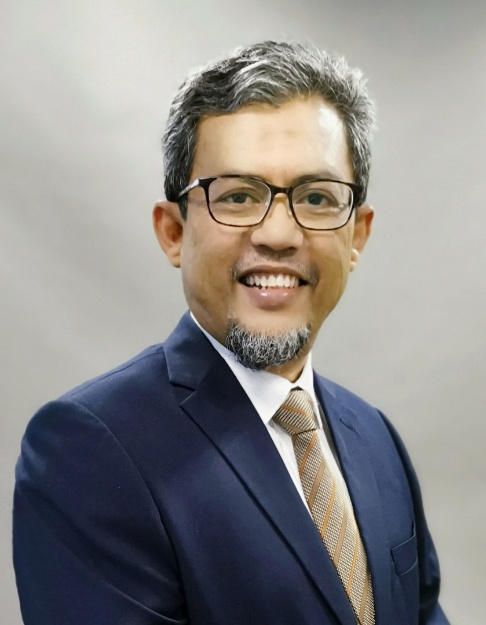
Professor Muhammad Zaly Shah
Universiti Teknologi Malaysia (UTM), Malaysia
Biography:
Professor Muhammad Zaly Shah is a Professor of Transportation Planning and Logistics at Universiti Teknologi Malaysia (UTM). He obtained his B.Sc. in Industrial Engineering from Bradley University, USA, and both M.Sc. and Ph.D. in Transportation Planning from UTM. Currently, Prof. Zaly is the Director, Research Institute for Sustainable Environment (RISE) at Universiti Teknologi Malaysia. Before joining the academia in 2002, Prof. Zaly has worked with a major Japanese manufacturing firm and an international airline. He has published extensively including in high impact journals like Cities, Land Use Policy, Safety Science, Transportation Research (Part A), and Transport Review, among others. His current research interests are urban transportation modelling, active mobility as well as smart, sustainable cities. Prof. Zaly is a Chartered Fellow of the Chartered Institute of Logistics and Transport (CILT) and is a registered Professional Technologist with the Malaysian Board of Technologists (MBOT). At CILT, he currently serves as its National President as well as the International Vice President for Southeast Asia. He is the sole recipient of the UTM Excellent Teaching Award in 2007 as well as the recipient of multiple UTM Outstanding Service Awards. Since 2014, Prof. Zaly sits in the Board of Director, Johor Public Transport Corporation – a government-linked corporation that regulates public transportation services in the state of Johor, Malaysia.
Speech Title: Smart Logistics and Transportation in the Digital Economy
Abstract:
The digital economy has revolutionized industries worldwide, and the logistics and transportation sectors are no exception. This keynote explores the transformative role of advanced technologies such as Artificial Intelligence (AI), the Internet of Things (IoT), Big Data, and Blockchain in redefining logistics and transportation systems. These technologies enable real-time tracking, predictive analytics, automation, and enhanced decision-making, fostering efficiency, sustainability, and resilience in supply chains. The presentation examines how smart logistics optimizes operations by integrating automated warehousing, route optimization, demand forecasting, and transparent supply chain processes. It also highlights the role of smart transportation in addressing urban challenges like congestion, emissions, and safety through intelligent traffic management and autonomous vehicles.
Key insights include the economic potential of these innovations to reduce costs, improve service quality, and drive sustainable development. The session also discusses emerging trends such as 5G-enabled connectivity, Mobility-as-a-Service (MaaS), and data-driven logistics ecosystems. By bridging the gap between academia and industry, this keynote aims to inspire researchers and students to explore interdisciplinary approaches for advancing smart logistics in a digital economy.
Keywords: Smart Logistics, Smart Transportation, Digital Economy, Artificial Intelligence (AI), Internet of Things (IoT)
To be add...